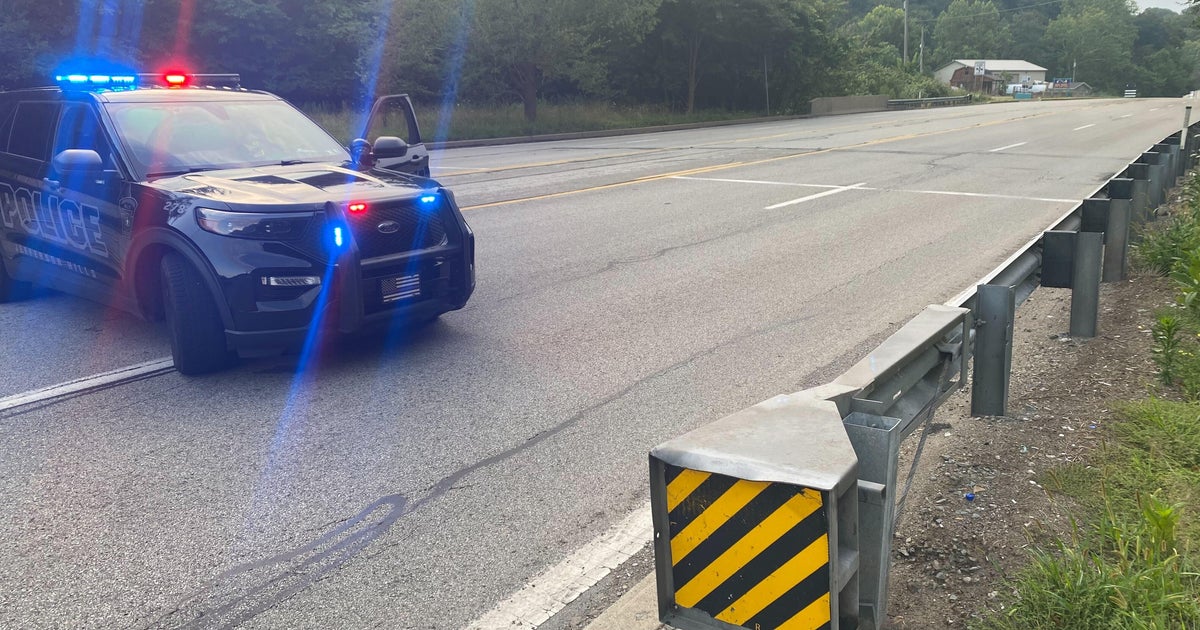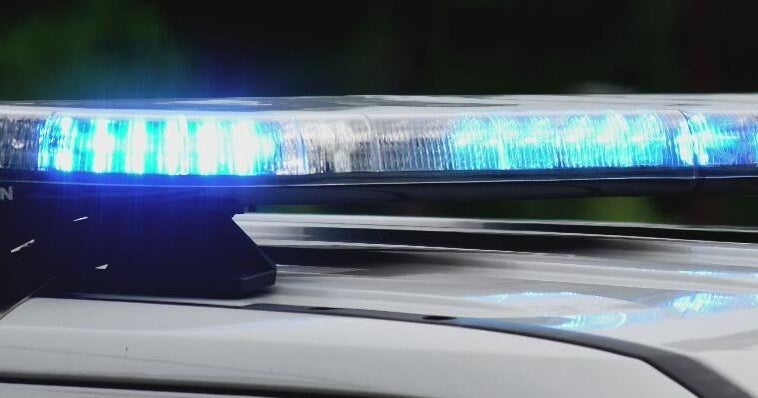FDA Approves Fast, Painless Way To Diagnose Liver Issues
Follow KDKA-TV: Facebook | Twitter
PITTSBURGH (KDKA) - Fast and painless are two words everyone wants to hear when it comes to medical procedures.
Now, there's a new way to diagnose liver issues that promises both of those things.
When Isabel Crandall had some routine blood work recently, she was surprised to find out her liver tests were not normal. She'd had no symptoms, no problems.
"My doctor suggested that I get checked by a specialist," Crandall said.
Abnormal liver tests could mean damage to liver cells, the bile ducts, or the organ's function. The doctor would possibly have to do a biopsy, where a piece of liver is removed and checked in the lab to get more information.
"And that frightened me," Crandall said. "Invasion into the body, worrying about pain, worrying about infection, and even worrying about the results."
A new test called a fibroscan gave her doctor enough information to hold off on a biopsy. It uses ultrasound to figure out the elasticity of the liver tissue.
"That's a big game changer, because biopsies are expensive, they can be painful, sometimes they can cause significant bleeding," UPMC Liver Specialist Dr. Jaideep Behari said. "It takes only a few minutes, it's completely safe, we can keep doing it as frequently as we want, and it's great for the patient's psyche, because they get an answer right away."
People with hepatitis c, cirrhosis from alcohol, and fatty liver disease can develop scarring in the liver.
"Most bad things happen to patients when they have advanced scarring," Dr. Behari said
The more elasticity, as determined by the fibroscan, the less scarring. The goal, with appropriate treatment, is to prevent scarring.
"It was easy, non-invasive, and just a good alternative to the liver biopsy," Crandall said.
The test has been available in France for a couple decades, but only recently was FDA approved. Insurance coverage is spotty, and it is available in only a few centers across the country.
It turns out, Crandall has fatty liver disease. For now, she's managing with diet and exercise. Through a research study, she gets a fibroscan once a year, and so far, has avoided a biopsy.
"Things could go bad at some point in the future. I just need to be cautious," Crandall said.



